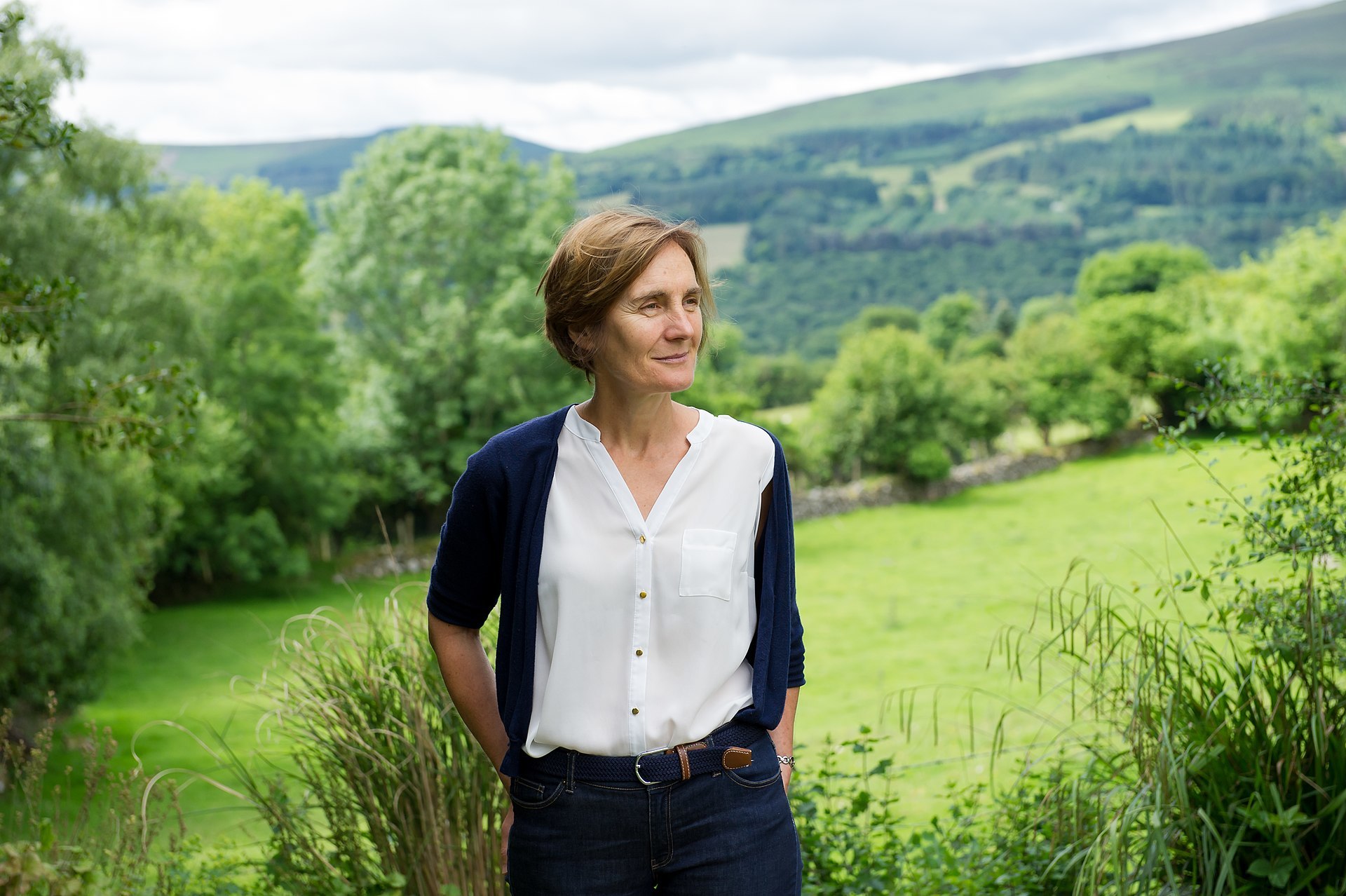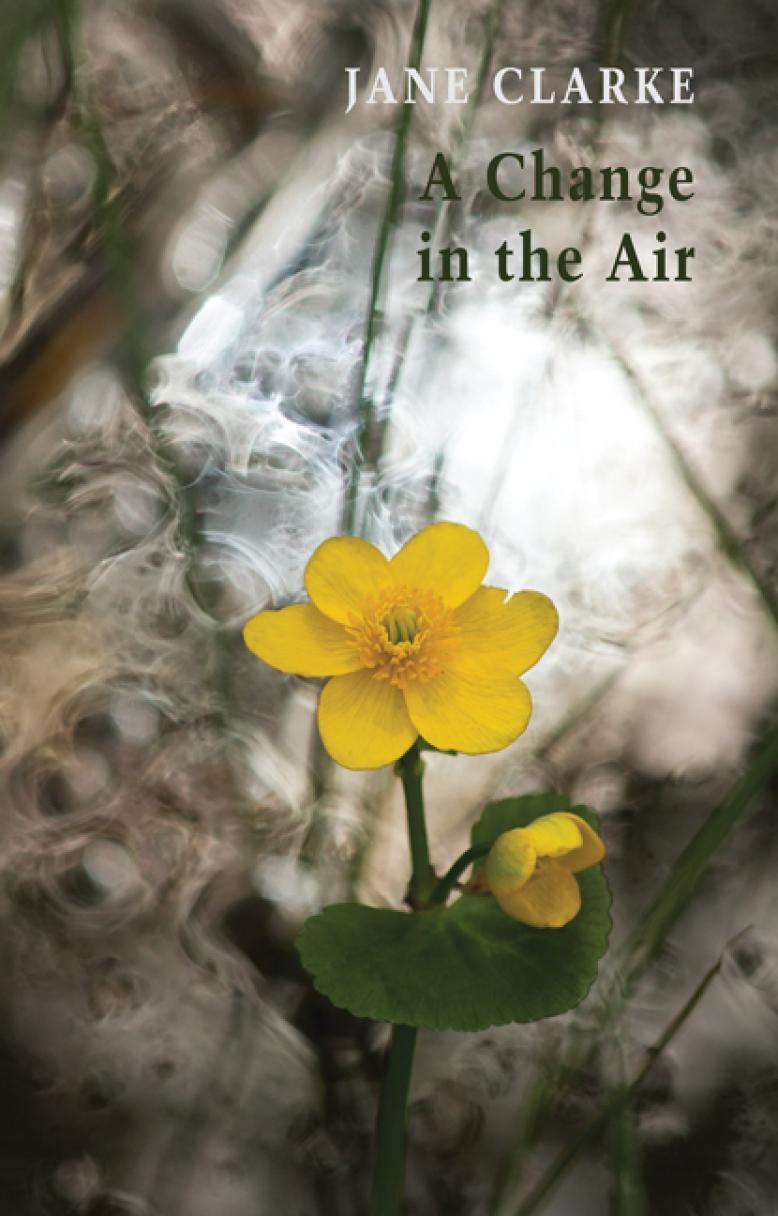
1. Do you plan your work, or go where the muse takes you?
The muse is like a briar that snags my sweater and that’s what I have to follow. Sometimes the snag leads nowhere and sometimes it opens into a poem. When I’m working on a commission there’s more planning involved. I do lots of research and within that I tune into what resonates with me emotionally.
2. What is your writing costume of choice?
Jeans, a sweater and running shoes.
3. What three things appear in every one of your books?
Rivers, trees and birds.
4. Where do you do most of your writing?
At the kitchen table.
5. What fictional character/s do you identify with?
I identified with Heidi when my mother first read the story to us as children. I too had a formidable but kind grandfather, I knew what it was to feel homesick and I used to sleepwalk. A few years later I wanted to be as daring as Jo March in Little Women. Recently the character who is most alive for me is Olive Kitteridge: her foibles, her fierceness, her kindness, her loyalty and her honesty.
6. Lark or owl? What’s your best time for writing?
My favourite time of day is early morning and it’s my best time for writing.
7. Who do you share your work in progress with?
I read first drafts to my wife, usually over breakfast. I have a monthly workshop group as well as friends with whom I do email exchanges of poems. They all give me invaluable help and encouragement.
8. Silence, whale song, prog rock? What’s the soundtrack for your writing?
I need silence to listen to the sounds of the words and lines in my mind, and when I read the poems aloud to edit them.
9. Which part of the writing process do you like best?
‘Love set you going like a fat gold watch.’ This line from Sylvia Plath’s ‘Morning song’ expresses how I feel when I find a first line that has a rhythm to get the poem going. I also like editing when it’s going well.
10. What’s your main distraction/procrastination?
Requests and administrative tasks. They’re all important but I try not to let them into my early morning reading and writing time.
11. What book are you reading at the moment?
Brown Girl, Brownstones by Paula Marshall is a wonderful novel. It was first published in 1959 but I only heard of it recently. I’m also reading Second Voyages, (Gallery Press, 2022), in which 50 writers respond to 50 poems by one of our foremost poets, Eiléan Ní Chuilleanáin. And I’m slowly working my way through Women on Nature (Unbound, 2021), edited by Katherine Norbury, a wide-ranging anthology of women’s nature writing.
12. Social media – friend or foe?
I’m keenly aware of the dangers of social media but I find Facebook and Twitter very useful for keeping in touch with what’s going on in the world of contemporary poetry, and also for letting people know about my publications and events.
13. What woman writer/s do you most admire?
I admire so many women writers but today I’ll choose Eavan Boland, Eva Gore-Booth and Eiléan Ní Chuilleanáin.
14. What do you see when you look up from your work?
Our kitchen window looks out over the garden and beyond the hedge to fields, trees and heather-covered hills.
15. How do you tackle writer’s block?
I read other poets and I say to myself, ‘Just mess around. Get something, anything, going. It doesn’t matter if it comes to nothing’. It’s about letting myself play and freeing myself from striving for a poem. Walking and swimming and talking to other people about feeling blocked all help too.
16. What is your writing beverage of choice?
I gave up coffee last November, so now it’s peppermint tea.
17. What has changed most in your work as you’ve become more experienced?
I’m more in touch with the pleasure of writing, less anxious about the next poem, more comfortable with not knowing and more confident about ploughing my own furrow.
18. What’s your secret cultural indulgence?
Online films and box-sets when I should be reading.
19. What single thing would make your writing life better?
More time. Poems need lots and lots of time: time to think and feel and ponder; time to search for fresher language or better metaphors; time to edit.
20. What one piece of advice would you give to your younger writing self?
I didn’t begin writing until I was 44. I would tell that younger self to make time for writing and reading every day, even just a short time. Every hour or half-hour helps build a writing practice.

JANE CLARKE is the author of three poetry collections and an illustrated poetry booklet. Originally from a farm in Roscommon, Jane now lives in County Wicklow. Her three collections are The River (2015), When the Tree Falls (2019) and A Change in the Air (2023) – all published by Bloodaxe Books. A Change in the Air is shortlisted for the the T S Eliot Prize 2023 and for the Forward Prize for Best Collection 2023. The River was the first poetry collection ever shortlisted for the Ondaatje Award, which is awarded to a distinguished work of fiction or nonfiction evoking the spirit of a place. When the Tree Falls was shortlisted for the Pigott Poetry Prize, the Irish Times Poetry Now Award and the Farmgate Café National Poetry Award. All the Way Home, an illustrated sequence of poems in response to a family archive of First World War photographs and letters held in the Mary Evans Picture Library, London, was published by Smith|Doorstop in 2019.

.jpg)